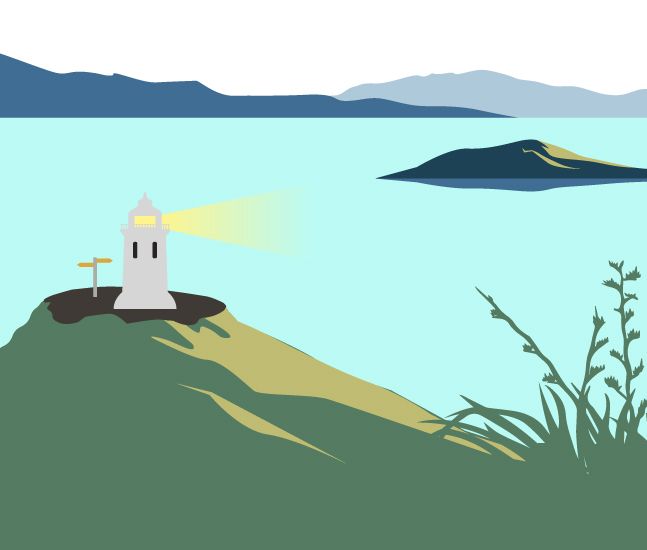Hannah's story
"Depression for me, when I think about it, it was just this absolute greyness. I could go and do something, and I had this awareness that this was a cool thing that I was doing, but it didn’t feel cool. I couldn’t feel that joy or that happiness."
Hannah felt like she didn’t belong. She sought help by reconnecting with people and building her support network to rediscover her sense of joy.



